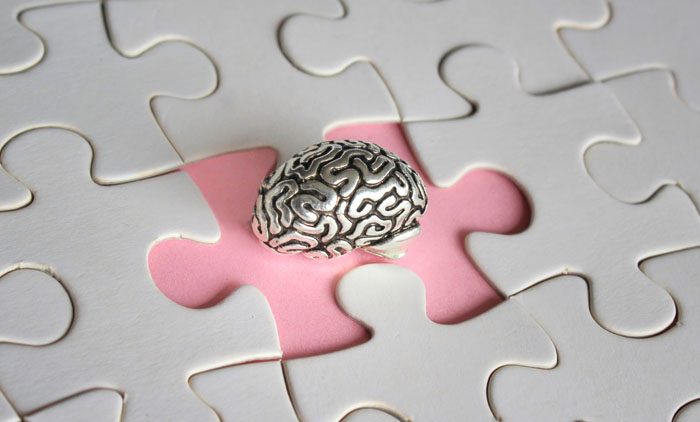What Is Alzheimer’s?
Alzheimer’s is a kind of dementia that impacts memory, thinking and behaviors. Symptoms, in time, develop to be severe enough to interpose with day-to-day tasks.
Understanding Alzheimer’s and dementia.
Alzheimer’s is the most general source of dementia, a typical term for memory loss and other mental abilities severe enough to disrupt day-to-day life. Alzheimer’s disease is responsible for sixty to eighty percent of dementia cases.
Alzheimer’s isn’t a normal part of getting older. The biggest known risk factor is aging, and most individuals with Alzheimer’s are sixty-five or older. This disease is a “younger-onset” of Alzheimer’s when it impacts an individual under sixty-five. Younger-onset can also be known as early-onset Alzheimer’s. Individuals with younger-onset Alzheimer’s could be in the early, middle, or later stage of the disease.
Alzheimer’s worsens progressively. This is a type of progressive disease, in which dementia symptoms steadily worsen over several years. In earlier stages, memory loss is moderate, but with later-stage Alzheimer’s, people lose the capability to engage in a conversation and respond to their settings. On average, an individual with this disease lives five to nine years after diagnosis but could live as long as twenty years, dependent to other factors.
There is no cure, but there are two treatments — lecanemab (Leqembi™) and aducanumab (Aduhelm™) show that the removal of beta-amyloid, one of the characteristics of Alzheimer’s disease, from the brain decreases cognitive and functional reduction in individuals living with early on-set of Alzheimer’s. Other treatments can briefly slow the increasing of dementia symptoms and better the quality of life for those suffering from the disease and their caretakers. Presently, there is an international effort underway to discover better ways to treat the disease, impede its onset and prevent it from progressing.
10 Early Signs and Symptoms of Alzheimer’s (and Examples)
Loss of memory impacting day-to-day life could be a symptom of Alzheimer’s or other type of dementia. This is a brain disease that is the cause of a progressive decrease in memory, reasoning and thinking skills. There are ten symptoms and warning signs. When you observe any of them, don’t disregard them. Arrange an appointment with your medical professional.
- Memory loss that disrupts daily life – Forgetting names or plans, but recalling them later
- Troubles in planning or solving problems – Sometimes making errors when managing utility bills or finances
- Troubles completing familiar tasks – Needing help with the TV remote
- Confusion with time or place – Confused about the day of the week but remembering later
- Challenges understanding spatial relationships and visual images– Vision changes associated with cataracts
- New challenges with words when speaking or writing – Often troublesome to find the right words
- Diminished or poor judgment – Making bad decisions
- Seclusion from work or social activities – Often feeling uninterested in social events
- Changes in personality and mood– Getting frustrated when routines are disrupted
Find Retirement Communities In Sedona
Sedona Winds Retirement Community offers independent living in Sedona, Arizona, can help! Call us today at (928) 496-6547 and learn more about our facility and what we have to offer today’s seniors.

